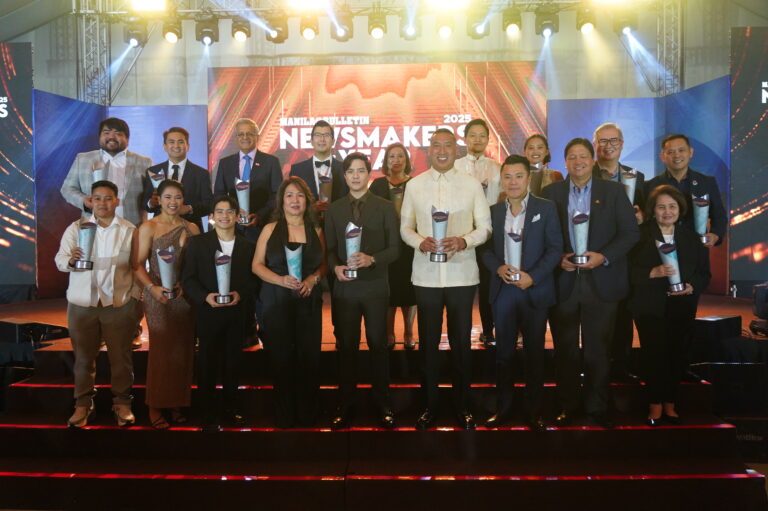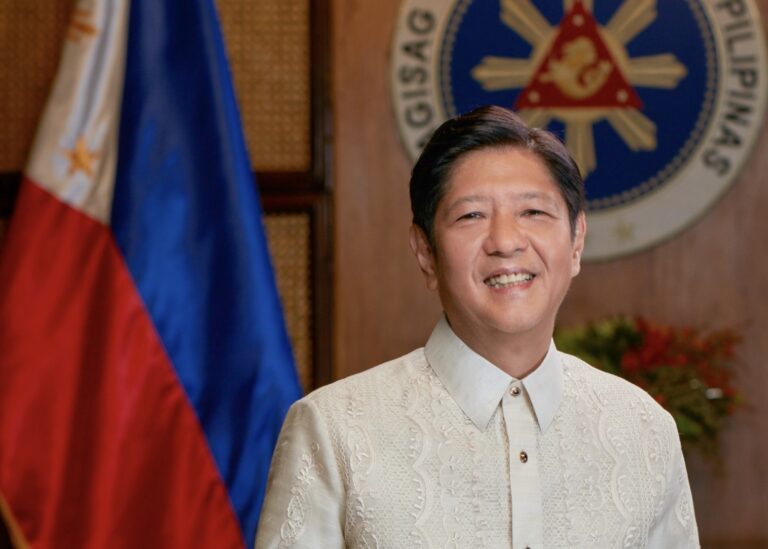The pandemic was a turning point for my work with smallholder farmers and women in agriculture. While it initially created immense challenges—disrupting markets, limiting mobility, and straining supply chains—it also pushed us to innovate, adapt, and ultimately improve the way we support these vital groups.One of the biggest shifts was leveraging digital tools to bridge …
The pandemic was a turning point for my work with smallholder farmers and women in agriculture. While it initially created immense challenges—disrupting markets, limiting mobility, and straining supply chains—it also pushed us to innovate, adapt, and ultimately improve the way we support these vital groups.
One of the biggest shifts was leveraging digital tools to bridge gaps in access to markets, training, and financial resources. Together with my team in Agrea, we worked closely with smallholder farmers, especially women, to adopt mobile platforms for selling produce directly to consumers, bypassing traditional middlemen.
This not only improved their incomes but also strengthened local food systems.
Capacity-building became more critical than ever. Since in-person training was limited, I helped implement virtual learning sessions and mobile advisory services, ensuring that farmers—many of whom are women—could continue to learn about sustainable practices, financial literacy, and new farming techniques. These digital interventions have had lasting benefits, making knowledge more accessible than before.
Additionally, the heightened awareness of food security post-pandemic led to increased investment in local agribusinesses. I played a role in connecting women farmers with microfinance opportunities, enabling them to expand their production and participate more actively in agribusiness. This empowerment has been one of the most rewarding outcomes, as more women now see farming not just as subsistence but as a business with growth potential.
Overall, life after the pandemic is better because it pushed us to find new ways to empower smallholder farmers and women in agriculture. We’re now more connected, more resilient, and better positioned to thrive in an evolving world.
(Photo courtesy of Cherrie Atilano)






